Israeli Knesset member, over 100 settlers storm al-Aqsa Mosque
An ultra-Orthodox Israeli lawmaker and more than a hundred settlers have stormed the al-Aqsa Mosque compound in the occupied Old City of East Jerusalem al-Quds amid frequent acts of violence committed by Israeli forces and settlers against the Palestinian people.
Yehudah Glick, 53, said on his Facebook account on Sunday that he toured the compound to say prayers on the anniversary of his wife's death.
The Palestinian Ma'an news agency, citing Sheikh Omar al-Kiswani, the Imam and director of al-Aqsa Mosque, said some 112 Israeli settlers and Glick entered the compound through the Moroccans Gate in large consecutive groups.
Heavily armed Israeli troops were deployed across the compound and provided protection to the legislator and other settlers as they toured the compound, Kisawni said.
On December 3, Glick, who is a member of the ruling party of Likud-National Liberal Movement, also stormed the compound along with dozens of other Israeli settlers.
The number of Israeli lawmakers, or members of the Knesset, who storm the sacred compound, has increased in the past few months after Prime Minister Benjamin Netanyahu decided in July to allow the legislators to visit the compound once every three months following a restriction of access that has been in place since October 2015.
Plenty of the Knesset members are right-wing extremists, who support the demolition of the Islamic site in order to build a Jewish temple instead, on what is known among settlers as the Temple Mount.
On November 18, Uri Ariel, the minister of agriculture and rural development in the occupied territories, and dozens of other Israeli settlers stormed the compound. The Israeli minister had previously stormed the compound in September.
The al-Aqsa Mosque compound sits just above the Western Wall plaza and houses both the Dome of the Rock and the al-Aqsa mosque.
Tensions continue in the occupied Palestinian territories as part of the aftermath of US President Donald Trump's recognition of Jerusalem al-Quds as Israel’s "capital" and relocation of the US embassy to the occupied city.
On December 21, 2017, the United Nations General Assembly overwhelmingly voted in favor of a resolution that calls on the US to withdraw its controversial policy shift.
Despite the vote, the US went ahead with the embassy transfer on May 14, triggering demonstrations in the occupied Palestinian territories, Iran, Turkey, Egypt, Jordan, Tunisia, Algeria, Iraq, Morocco and other Muslim countries.
Infuriated by Trump’s move, Palestinian President Mahmoud Abbas boycotted his administration, saying Washington is no longer qualified to serve as the sole mediator in the decades-long conflict with Israel, and that an international mechanism should be devised to replace the US in the so-called peace process.
VIDEO | British Museum removes Palestine from exhibit labels
VIDEO | 'Justice for Palestine' protest held in Paris
Potential US attack on Iran to be met with decisive missile force: Lebanese MP
VIDEO | Ramadan begins in France amid optimism, challenges
Hamas: Huckabee’s remarks expose ‘American bias towards Zionist domination, annexation’
‘We will not bow to pressure or coercion’: President Pezeshkian
Trump raises global tariffs to 15%, calls Supreme Court ruling ‘ridiculous’
IRGC Navy tests Sayyad-3G air defense missile in Strait of Hormuz




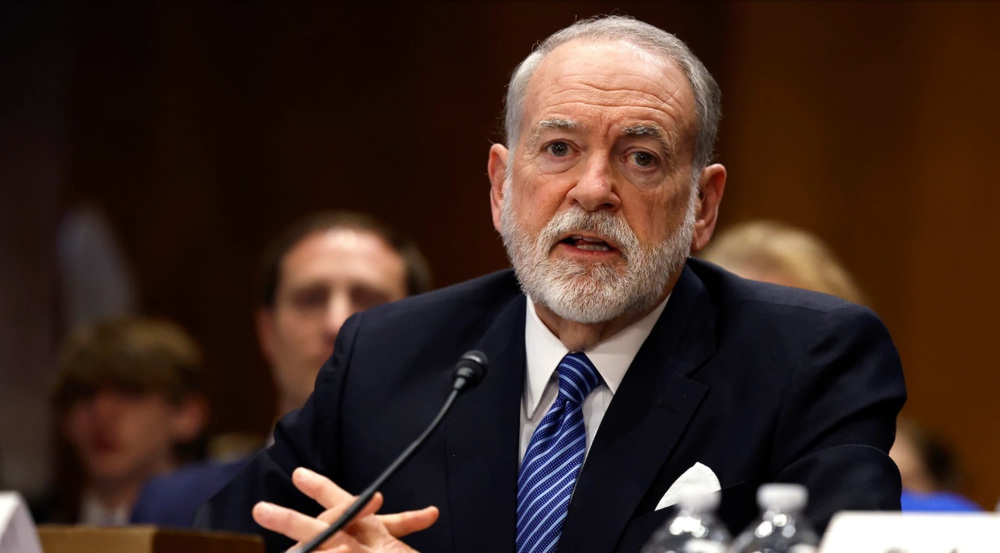
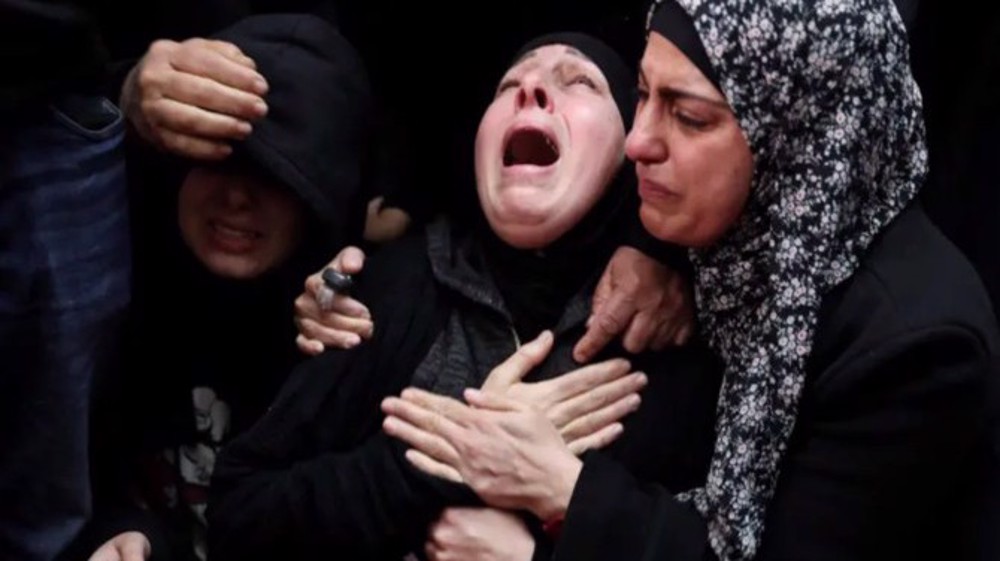
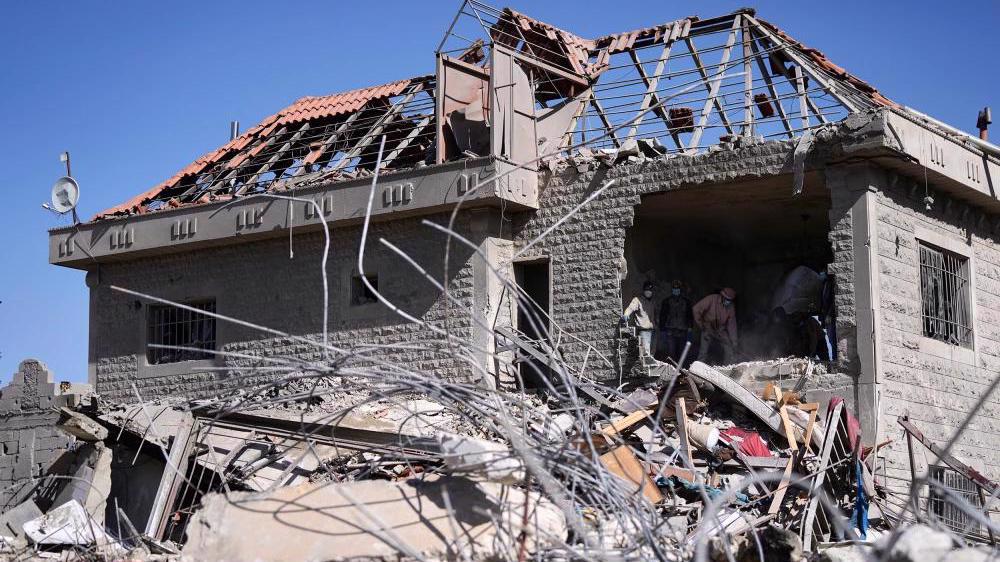



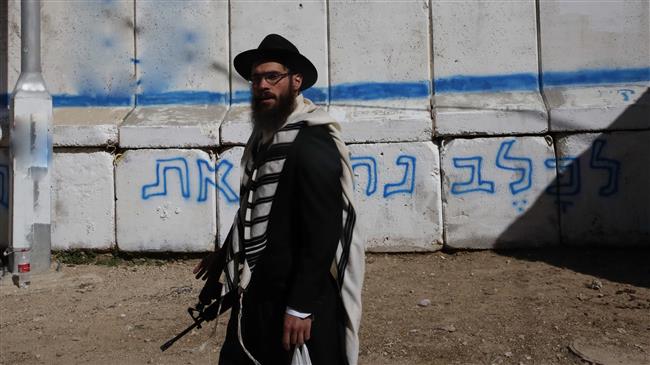

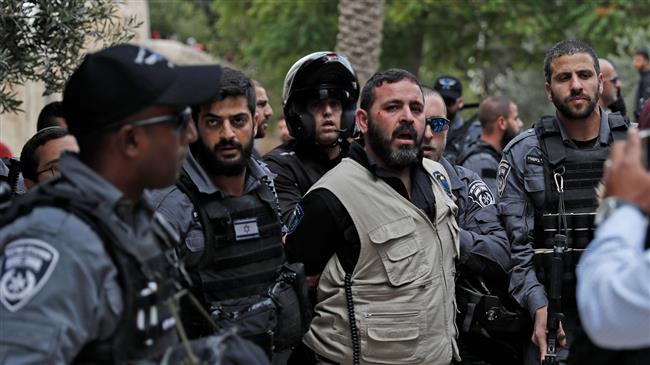


 This makes it easy to access the Press TV website
This makes it easy to access the Press TV website